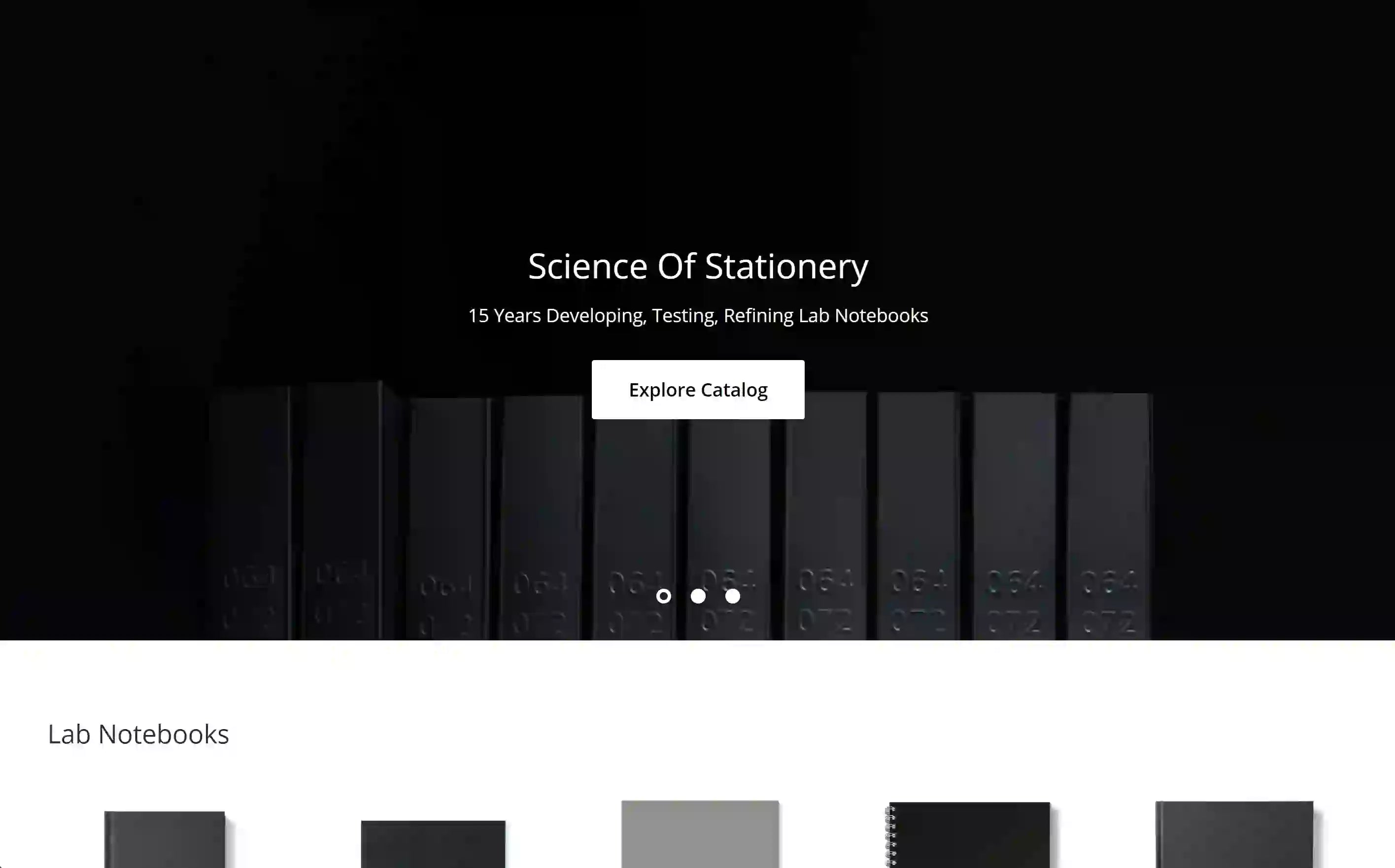Undertaking a field research expedition is a thrilling adventure where each individual discovery holds the potential to uncover the mysteries of nature. At the heart of your journey lies a vital tool: your field research journal. This indispensable instrument captures the results and experiences of your exploration, from your first observations to deeper insights.
Whether conducting field research for rainforest biodiversity or studying desert geology, here are some essential tips to optimize your field research journal experience.
-
Choose the Right Journal: Select a VELA Sciences field research journal that meets your requirements. Consider factors like size, durability, and paper quality. Opt for a compact, weather-resistant notebook with robust covers and waterproof pages to withstand outdoor challenges.
-
Establish a Structured Format: To streamline note-taking, create a systematic format for your journal. Segment it into sections for observations, sketches, data recordings, and reflections. Use clear headings, subheadings, and bullet points for efficient organization.
-
Capture Detailed Observations: Document intricate details of the natural world around you. Describe flora, fauna, landscapes, and environmental conditions vividly, including relevant data such as GPS coordinates, date, time, and weather conditions.
-
Sketch and Illustrate: Enhance your observations with sketches, diagrams, and illustrations. Utilize pencils, pens, or watercolors to depict plants, animals, geological formations, and landscapes, enriching your journal entries.
-
Collect Specimens and Samples: Integrate collected specimens and samples into your journal: press flowers, leaves, and rocks between pages, labeling and annotating them for context and significance.
-
Document Data and Measurements: Accurately record scientific data using tables, charts, and graphs. Organize numerical data such as temperature readings, species counts, and physical measurements, ensuring clarity and accessibility.
-
Reflect and Analyze: Take time to reflect on your observations and analyze their significance. Write reflective entries discussing insights, emotions, and implications for your research objectives.
-
Maintain Consistency and Discipline: Record observations regularly throughout your expedition. Dedicate time daily to update your journal, ensuring no valuable insights are missed. Stay disciplined and committed, even in challenging situations.
-
Protect and Preserve Your Journal: Safeguard your journal from damage or loss. Store it in a secure, waterproof container when not in use, handling it with care. Consider digital backups to protect against unforeseen events.
-
Share and Collaborate: Encourage collaboration by sharing your journal with colleagues and peers. Use it as a communication tool to exchange findings, engage in discussions, and contribute to collective knowledge.
Browse Our Selection of Field Notebooks Today
Your VELA Sciences field research journal is a vital asset, capturing the details of your outdoor explorations. By employing these tips, you can maximize its effectiveness and enrich your research methods. If you're preparing to conduct field research and need help with data collection, VELA Sciences is your go-to source for keeping well-organized field notes for your area of study.
Browse our selection today.



